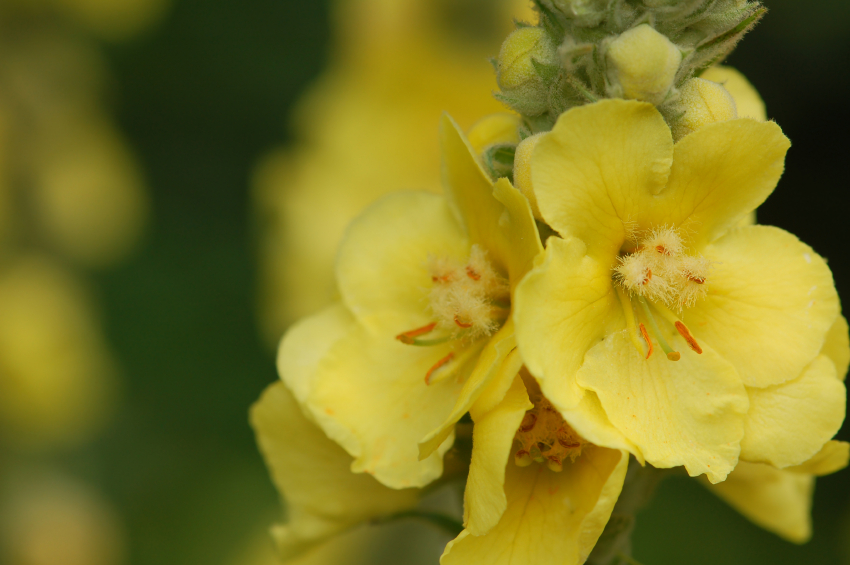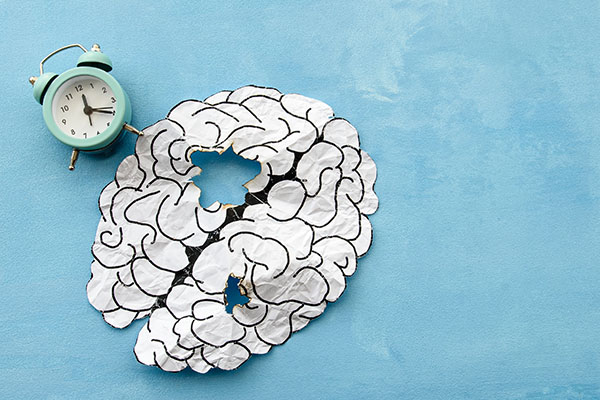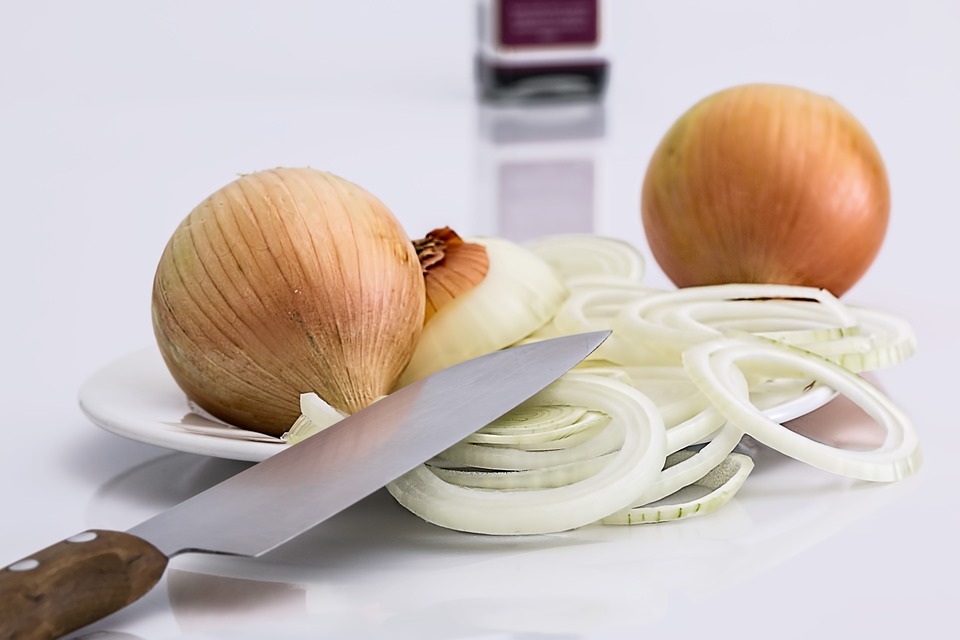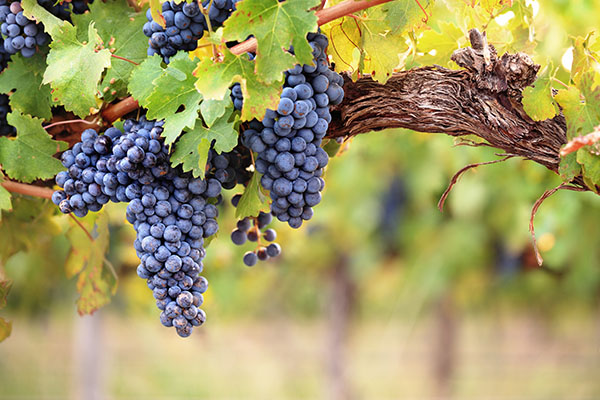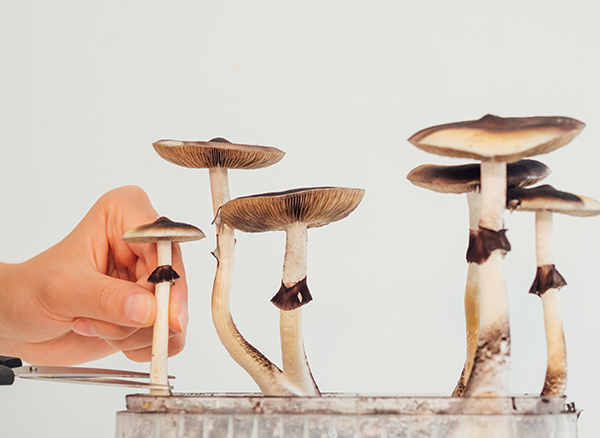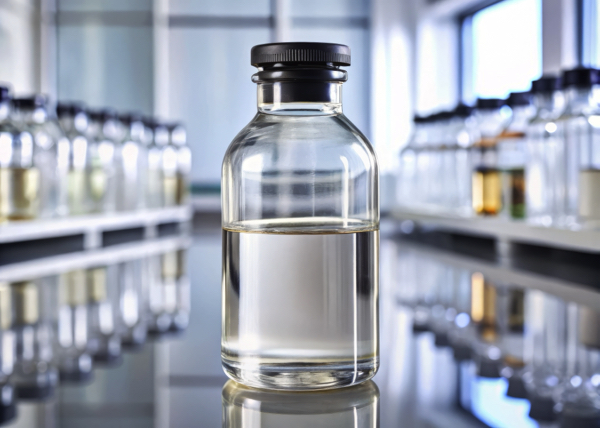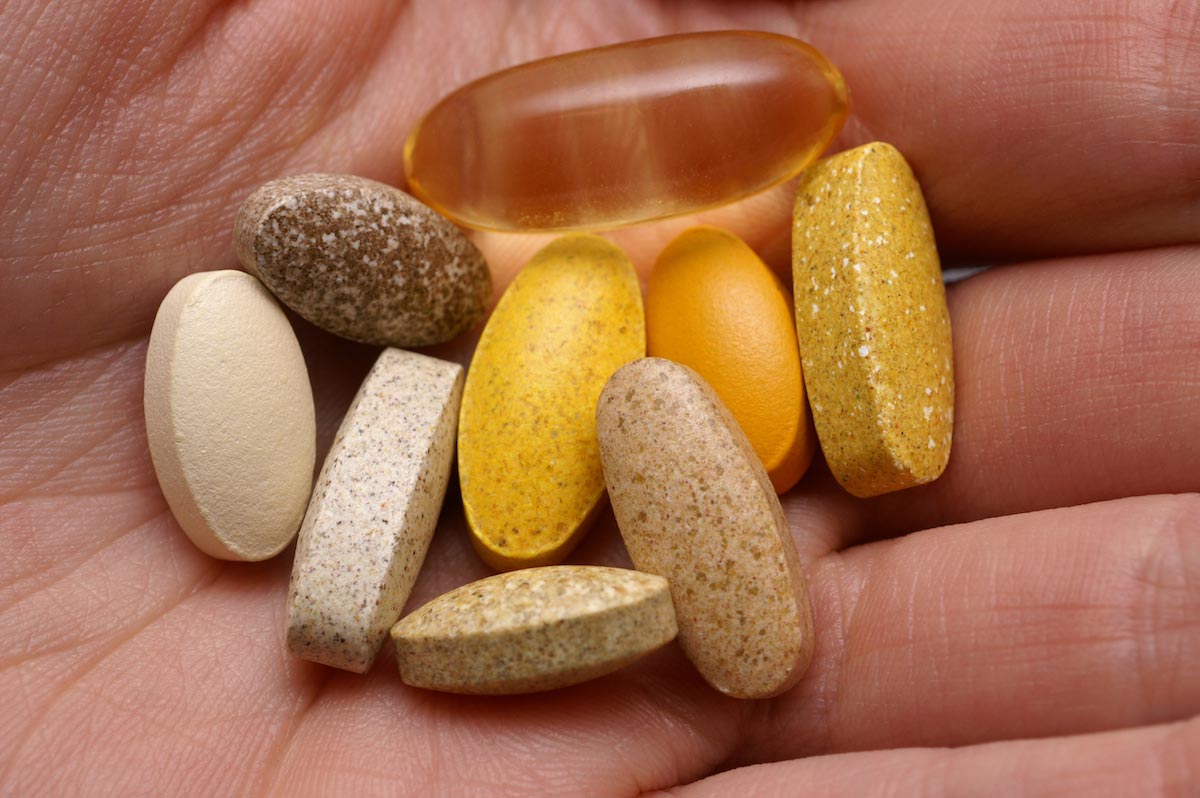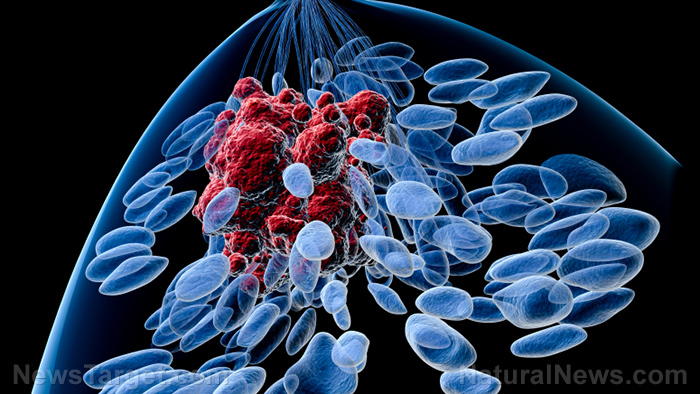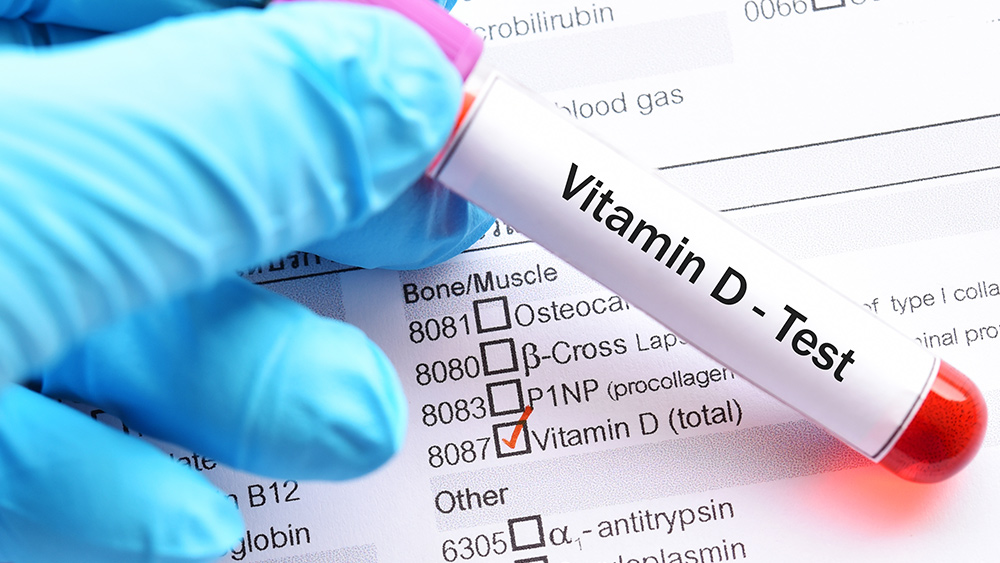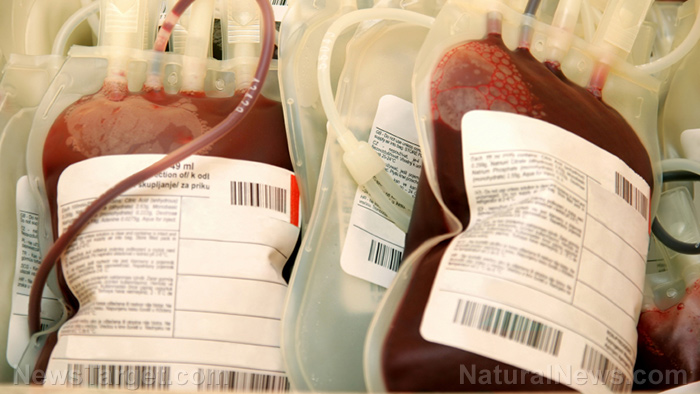Alcohol targets parts of the brain for addiction, but these 500 neurons could be SWITCHED OFF to suppress binge drinking habit
07/08/2025 / By S.D. Wells

A groundbreaking new study has uncovered a surprisingly small group of brain cells — fewer than 500 neurons — that may act as an “off switch” for binge drinking in mice. Published in Nature Neuroscience on June 10, the research could pave the way for novel treatments for alcohol use disorder if similar mechanisms are found in humans.
- Discovery of an “Off Switch” for Binge Drinking: Scientists have identified a cluster of fewer than 500 neurons in the medial orbitofrontal cortex of mice that can dramatically reduce or increase alcohol consumption when activated or deactivated, suggesting a potential neural “off switch” for binge drinking.
- Breakthrough via Optogenetics: Using genetically engineered mice and optogenetics—light-based gene control—researchers pinpointed the specific neurons that responded to alcohol, offering unprecedented insight into how the brain regulates addictive behavior.
- Potential for Human Therapies: If a similar neural circuit is found in humans, it could become a key target for treating alcohol use disorder, especially in individuals who lack strong aversive signals toward binge drinking.
- Alcohol-Specific Neural Mechanism: Surprisingly, the identified neurons affected only alcohol intake—not other rewarding substances like saccharine—suggesting that each addictive substance may activate distinct neural ensembles, opening the door to more precise treatments.
The Brain Might Have a Hidden ‘Off Switch’ for Binge Drinking
Scientists have long suspected that the medial orbitofrontal cortex, a part of the prefrontal cortex involved in evaluating risks and rewards, plays a role in alcohol-related behaviors. However, until recently, researchers lacked the tools to examine the intricate neural activity within this region in real time.
Using genetically modified mice equipped with optogenetic tools — a method where light is used to control gene activity — neuroscientist Gilles Martin and his team at UMass Chan Medical School were able to observe which neurons activated during alcohol consumption. The researchers discovered a tiny subset of neurons — roughly 4% of the medial orbitofrontal cortex — that consistently lit up when the mice drank alcohol.
The team then manipulated this neural cluster by turning it on and off using light stimulation. When the neurons were deactivated, the mice drank significantly more alcohol, and their consumption continued to rise over time. In contrast, when the neurons were activated, the mice drank markedly less. Interestingly, manipulating this neural switch had no effect on other behaviors — such as how much water the mice drank or their physical activity levels — suggesting the circuit is specifically tied to alcohol intake.
Martin described this cluster as a “built-in brake mechanism” that had gone unnoticed until now. Remarkably, it appears to work in opposition to alcohol’s typically rewarding effects, essentially creating a neural pushback that discourages excessive drinking. This represents one of the first instances where a drug of abuse appears to activate neurons that counteract its own consumption.
Another surprising element of the study was that the neurons responded only to alcohol. Activation of this brain circuit did not influence how much saccharine — a sweet, non-alcoholic stimulant — the mice consumed. This alcohol-specific effect hints at the possibility that different addictive substances may activate unique neural circuits, a theory that could significantly refine the way addiction is understood and treated.
Experts believe these findings could explain why some individuals are more vulnerable to binge drinking than others. David Werner, a neurobiologist at Binghamton University who was not involved in the study, suggested that people with a less active version of this brain circuit might be more prone to excessive drinking due to a lack of internal negative cues.
The discovery of these neurons in the prefrontal cortex is especially notable, as inhibitory neurons responsible for creating aversions to harmful behavior have traditionally been associated with other parts of the brain.
While more research is needed — particularly in human subjects — this study provides a promising new angle for understanding and potentially treating alcohol use disorder. If replicated in people, the ability to target this small group of neurons could revolutionize addiction medicine.
Tune your internet dial to NaturalMedicine.news for more tips on how to use natural remedies for preventative medicine and for healing from addictions like alcohol, tobacco and junk science food stuff.
Sources for this article include:
Submit a correction >>
Tagged Under:
addiction, Alcohol, alcohol addiction, brain switch, dopamine, end addiction, neurons
This article may contain statements that reflect the opinion of the author

